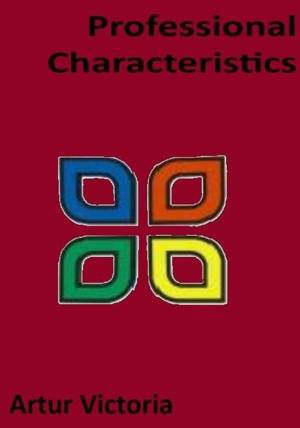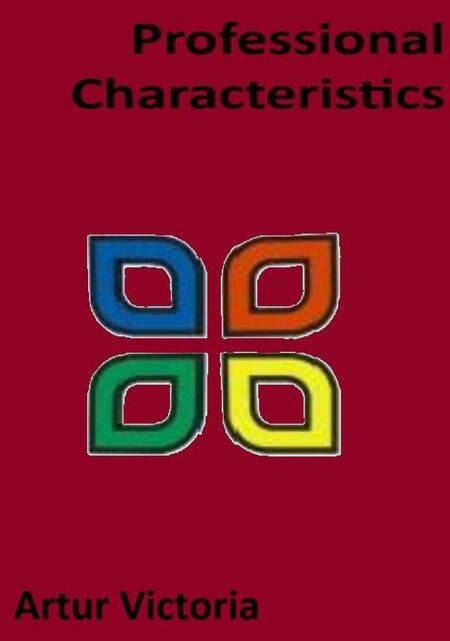
- Retrait gratuit dans votre magasin Club
- 7.000.000 titres dans notre catalogue
- Payer en toute sécurité
- Toujours un magasin près de chez vous
- Retrait gratuit dans votre magasin Club
- 7.000.0000 titres dans notre catalogue
- Payer en toute sécurité
- Toujours un magasin près de chez vous
Description
A key characteristic is the possession and application of specialised knowledge. This knowledge is not just technical skills, but a deep understanding of principles, theories and methodologies that requires extensive education and training. This expertise is the basis of professional authority and legitimacy. It enables professionals to make informed judgements and decisions that others who lack this expertise cannot. This expertise isn't simply acquired through rote learning; it's refined through experience and continuing professional development, further enhancing the professional's authority and credibility. Another characteristic is autonomy. Professions have considerable control over their own work processes. This includes setting standards of practice, regulating entry to the profession and maintaining disciplinary mechanisms for members who breach these standards. This self-regulation is crucial in ensuring the quality of professional work and the protection of the public interest. The medical profession, for example, sets rigorous standards for medical education and licensing to ensure that only qualified individuals can practice medicine. Similarly, the legal professions maintain strict codes of conduct and disciplinary procedures to deal with instances of professional misconduct, thus maintaining the integrity of the legal system. However, this autonomy is not absolute; it's a negotiated balance, constantly refined by societal expectations and legal frameworks. The degree of autonomy varies from profession to profession and is often challenged by external forces such as government regulation or technological advances.
Spécifications
Parties prenantes
- Auteur(s) :
- Editeur:
Contenu
- Langue:
- Anglais
- Collection :
Caractéristiques
- EAN:
- 9798230954750
- Date de parution :
- 15-03-25
- Format:
- Ebook
- Protection digitale:
- Adobe DRM
- Format numérique:
- ePub

Les avis
Nous publions uniquement les avis qui respectent les conditions requises. Consultez nos conditions pour les avis.






